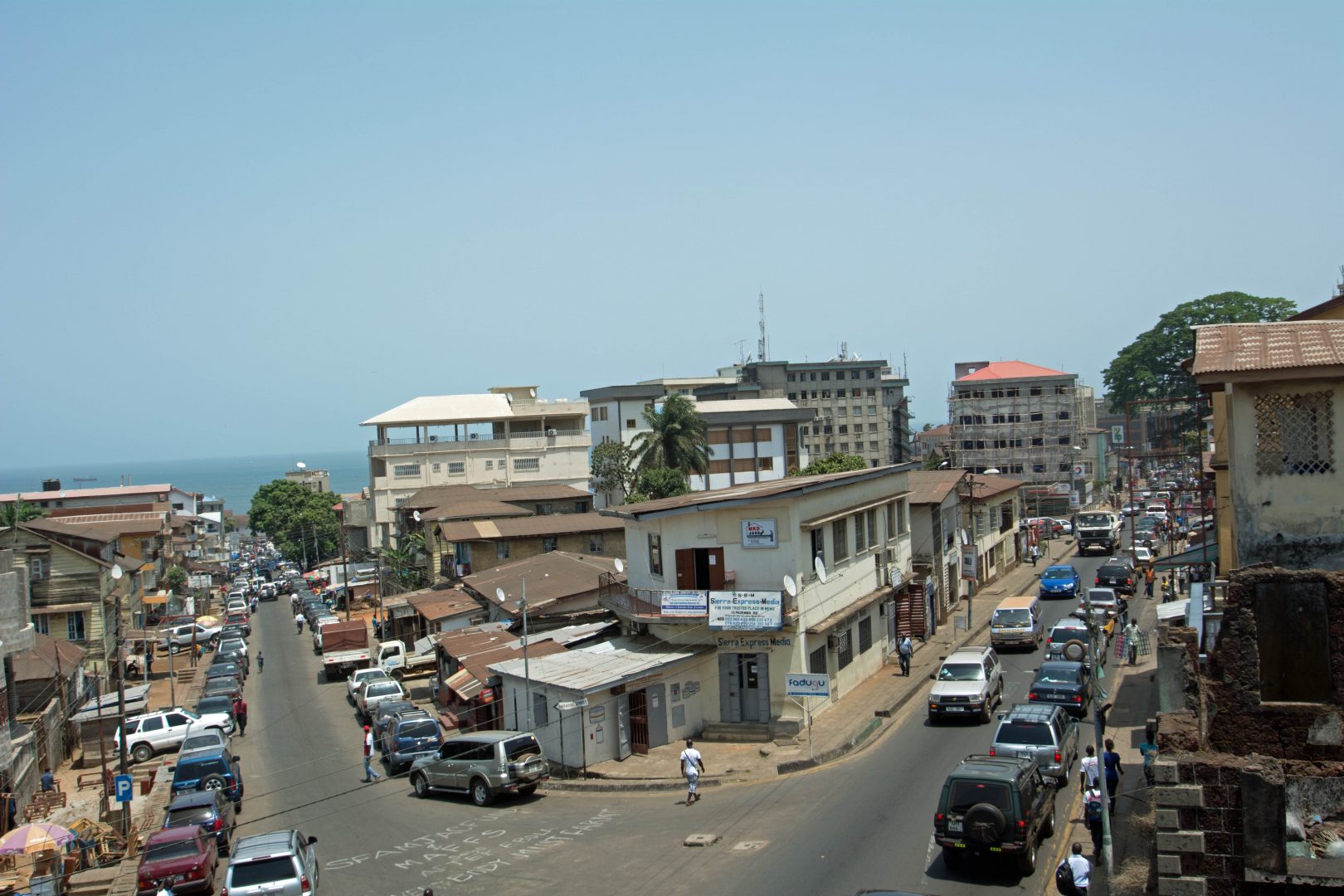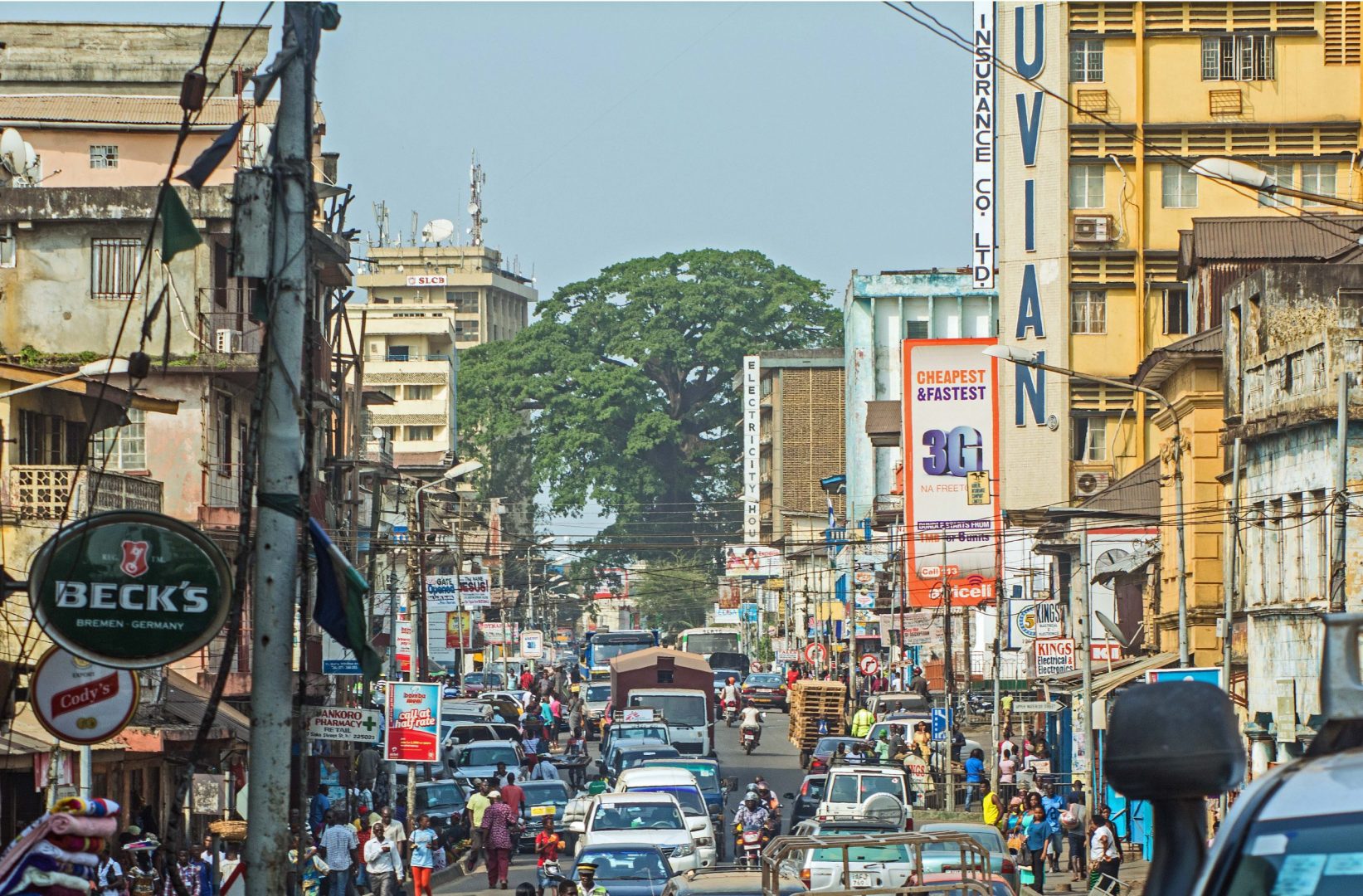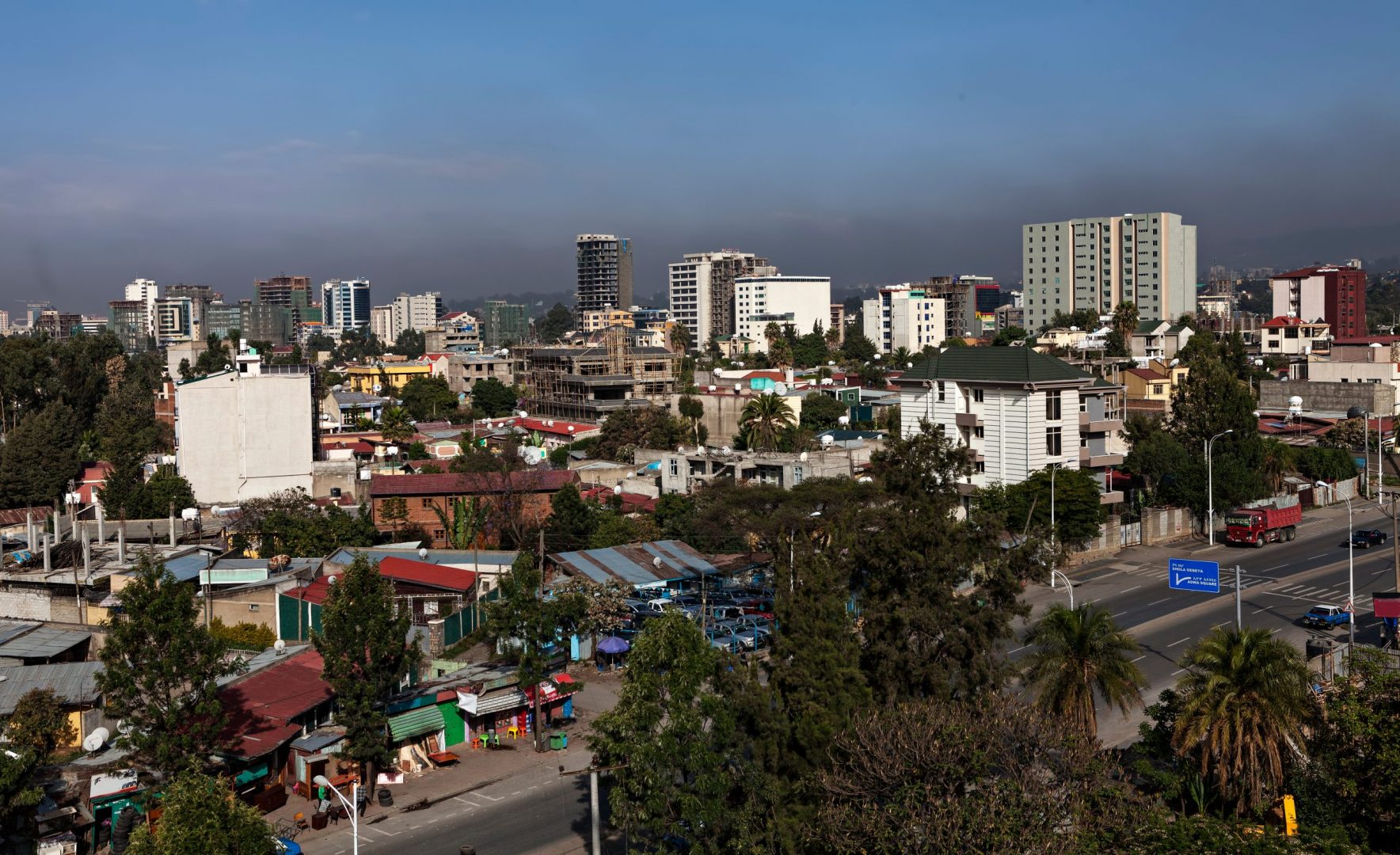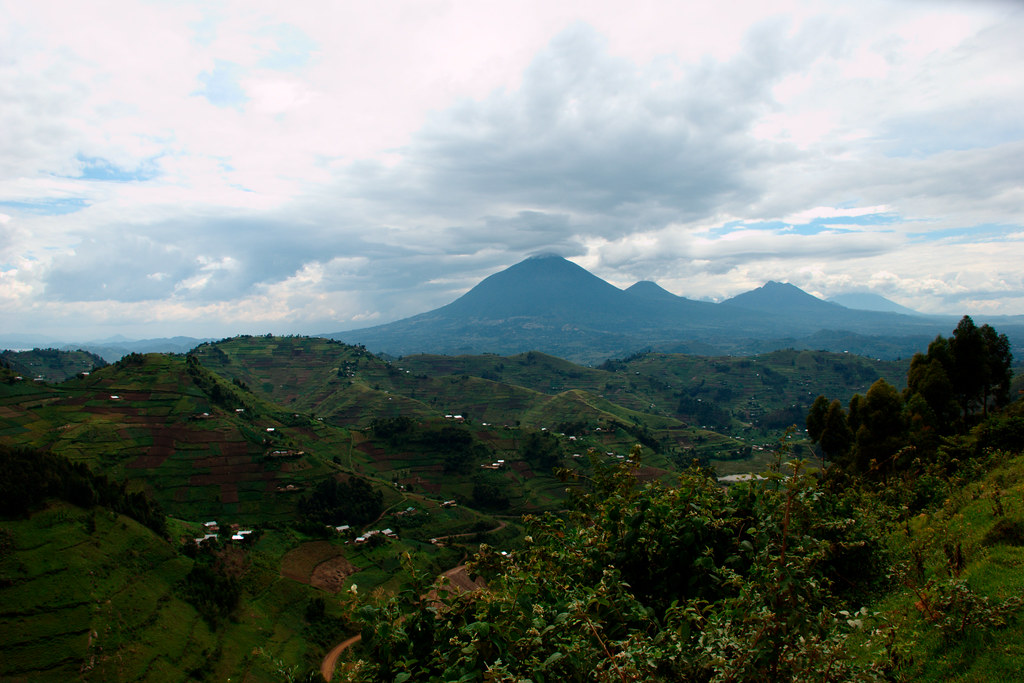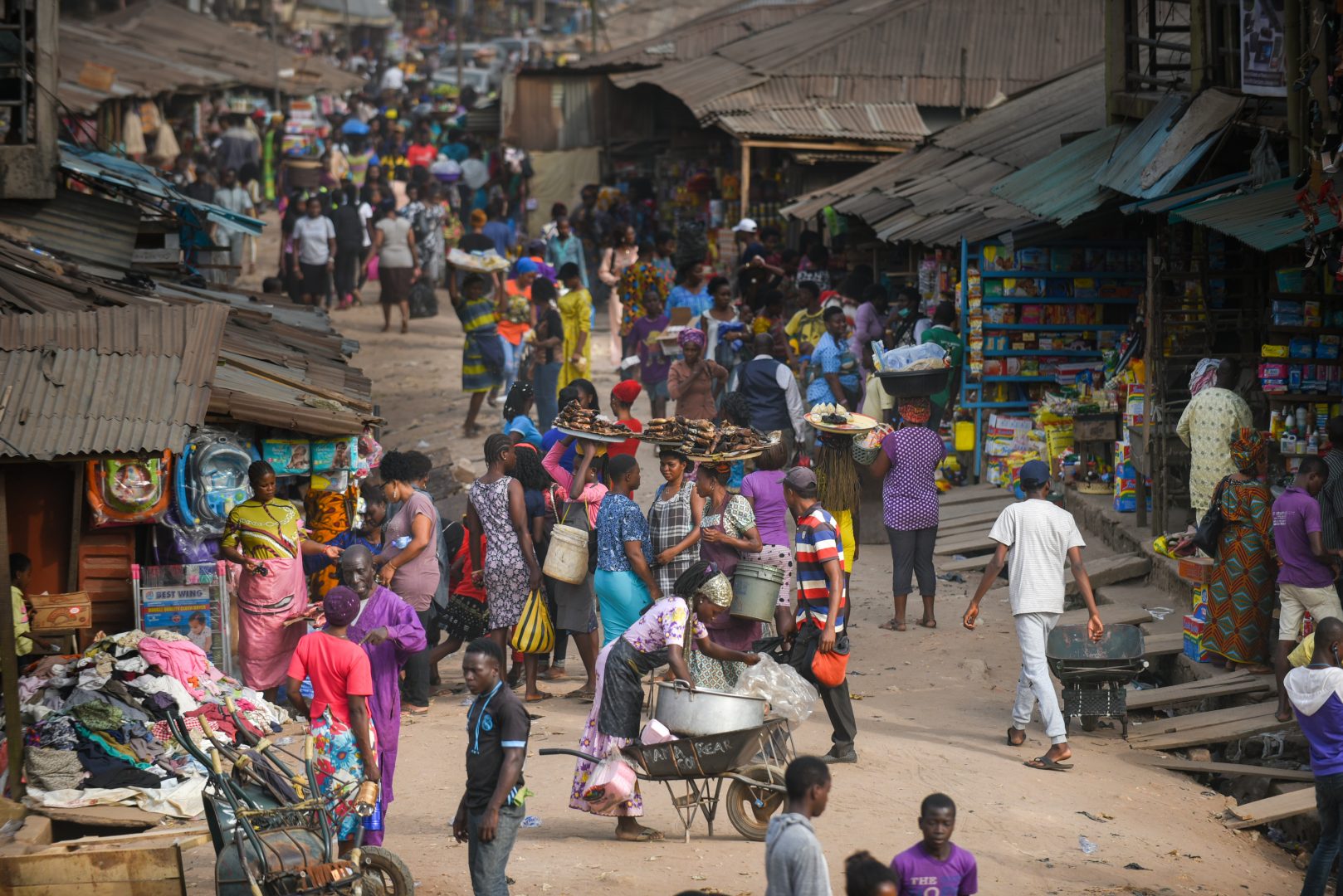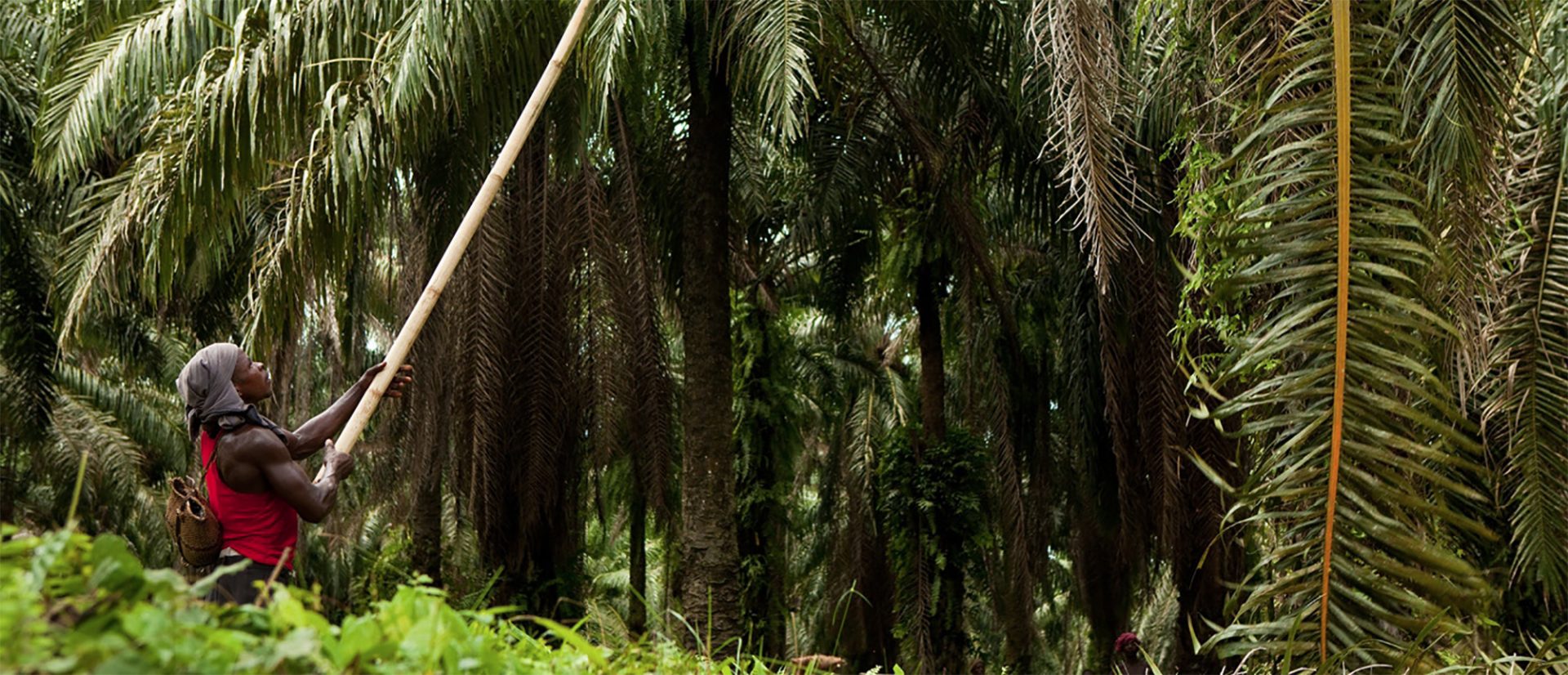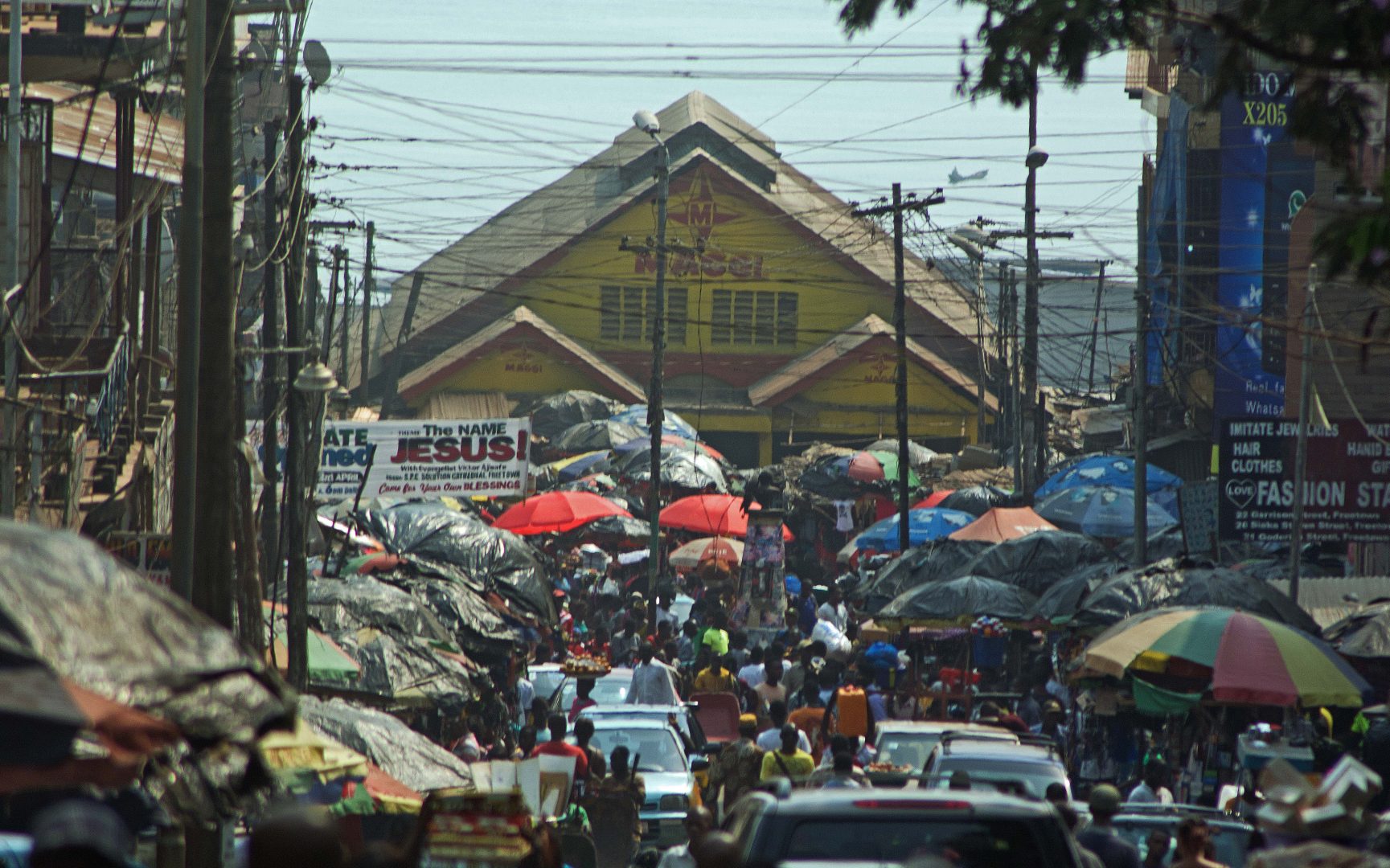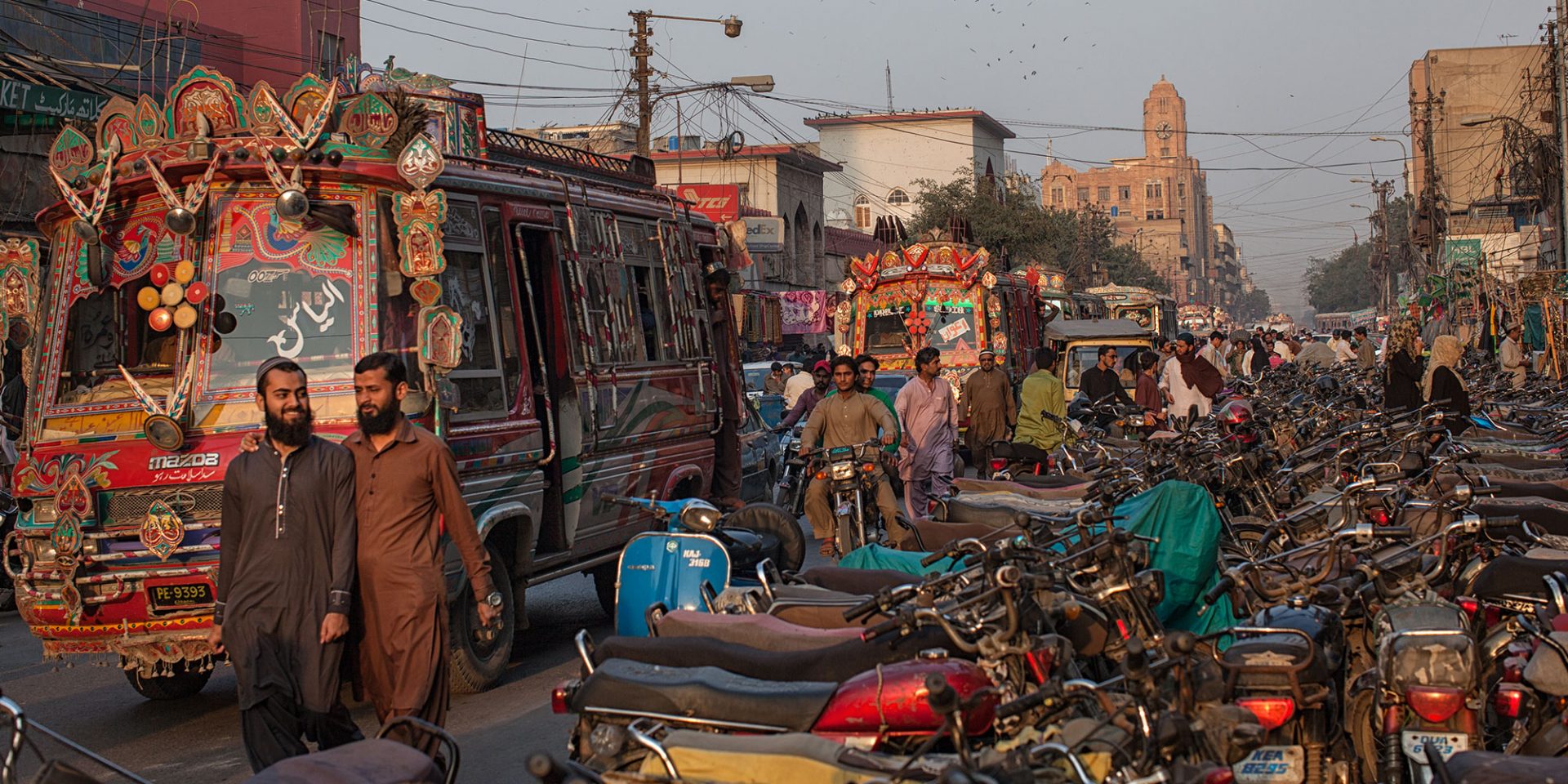Gambling on development: Investing in fragile states
Over the last 30 years, in many developing economies, poverty has fallen, people live longer and healthier lives, and economies have been transformed. But this is not the case across the board.
In his new book, Gambling on development, Stefan Dercon, Professor of Economic Policy at the Blavatnik School of Government and former Chief Economist at the Department for International Development, asks why some of the previously poorest countries have prospered while others have failed.
During our recent Insight event, Stefan explained the thesis behind his book in more detail. He says that development is most likely to happen when a country’s elites want it to happen, what he calls a ‘development bargain’.
Stefan defines ‘elites’ as the people with power and influence within any society and country. “It’s not just a political leader,” explains Stefan. “It can be business elites, civil service elites, senior people in financial institutions, academics. It’s a broad group of people who have somehow shaped the direction of a country, and there is some form of bargain between these groups.”
For development and growth to take place, Stefan says there needs to an underlying commitment to development amongst this elite. This is the presence of a ‘development bargain’.
Stefan points to a range of examples where a development bargain has been struck successfully. “If we look around the world, there are diverse societies which have done reasonably well in the last three or four decades. Indonesia, Bangladesh, China, Ghana and maybe Ethiopia until quite recently, have been growing fast and doing reasonable things for development. The common element is that those with power and influence in society valued growth and development quite substantially. I make this a minimal precondition for development, because without that, we’re not going to get very far.”
The role of development finance
So what are the implications of this thesis for the role of impact investors, including development finance institutions (DFIs), in fragile and conflict affected countries?
Vivianne Infante is part of British International Investment’s Africa Coverage team and Head of the Africa Resilience Investment Accelerator (ARIA), a G7 initiative led by BII to boost investment in fragile and complex states in Africa. Historically, DFIs have tried to originate investments in fragile states with mixed results. ARIA aims to engage proactively in such markets in a way that improves investment-readiness – both a country’s readiness to benefit from DFI investment and DFIs’ abilities to invest in these economies.
From Vivianne’s perspective, DFIs cannot wait for a development bargain to happen before taking action. “When countries like Ethiopia for example develop homegrown economic reforms and they’re clear and you’re able to capitalise on them, then you go in and invest in a driven manner. But before that happens, in the likes of Sierra Leone or Liberia, it is important to pay humble visits and try to understand which players you can ally with and wait for the moment when things can turn around in our favour.”
This is what ARIA has been doing in recent months, focussing on three priority countries of Sierra Leone, Liberia and Burkina Faso. “We’ve been visiting these countries to understand what it is like to invest there today,” says Vivianne. “It’s also about exploring investment opportunities together – speaking to banks and assessing internally to look at how we tweak our strategies to be better at investing in these frontier markets. And amongst the DFIs and multilaterals, it’s also about learning from each other. There are areas of expertise that we can pick up and develop and create best practice.”
Investing where the need is greatest
For Paddy Carter, Director of Research and Policy at British International Investment, it’s important for DFIs to achieve impact by investing where the need is greatest. “If we can do anything to get a small, poor, stagnant economy moving, that has much more impact than adding momentum to a bandwagon that’s already rolling,” says Paddy. “On the other hand, if our failure rate is too high, those resources should be allocated elsewhere.”
“In our new five-year strategy, we have thought about how to approach this. It’s worth distinguishing between low-income and small fragile states, and the larger, more middle-income markets.
“If we think about how we can approach the low-income fragile states, we have taken a decision that we’re going to be more successful when we invest in select sectors directly. Where there’s a track record that shows that outsiders can invest successfully, we then try and work through local partners who are on the ground and know the market better than us.”
The value of market knowledge
Stefan agrees that using an intermediated approach and developing local partnerships is critical. Collectively, impact investors can help shape the incentives of the business elite, which in turn can support development. “That’s where analysis plays a significant role,” says Stefan, “so you’re investing in local partners because they’re good partners and actually they’re also likely to be potential future deal makers in the political economy.”
Developing market knowledge has also been a focus for ARIA in the run-up to visiting Sierra Leone and Liberia, as Vivianne explains: “We commissioned studies before arriving, so we had reports in-hand when we landed in the countries. We did a market visit, we met with government players, with businesses, visited sites and explored opportunities. A huge amount of activity derived from those five days. Right now, we have investment teams from BII and other DFIs visiting those countries with our reports, so that’s already creating a lot of activity.”
Lastly, is there a message in the title of Stefan’s book, Gambling on development, for impact investors and the development sector more broadly?
“As the outsiders, I do think we should be willing to gamble on these places and gambles should be part of our portfolio, especially those which are beginning to show signs of a development bargain,” says Stefan. “By investing in emerging development bargains we improve the odds that they will be successful. I think that’s the role of the outside community: to improve the odds of success, reduce the odds of failure.”
Listen to a podcast of highlights from our conversation on the player below or find the episode on Apple Podcasts, Spotify or wherever you get your podcasts.
